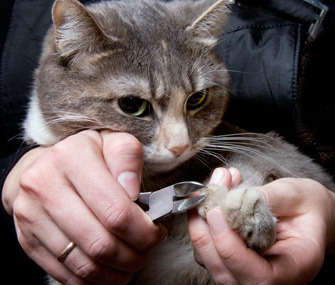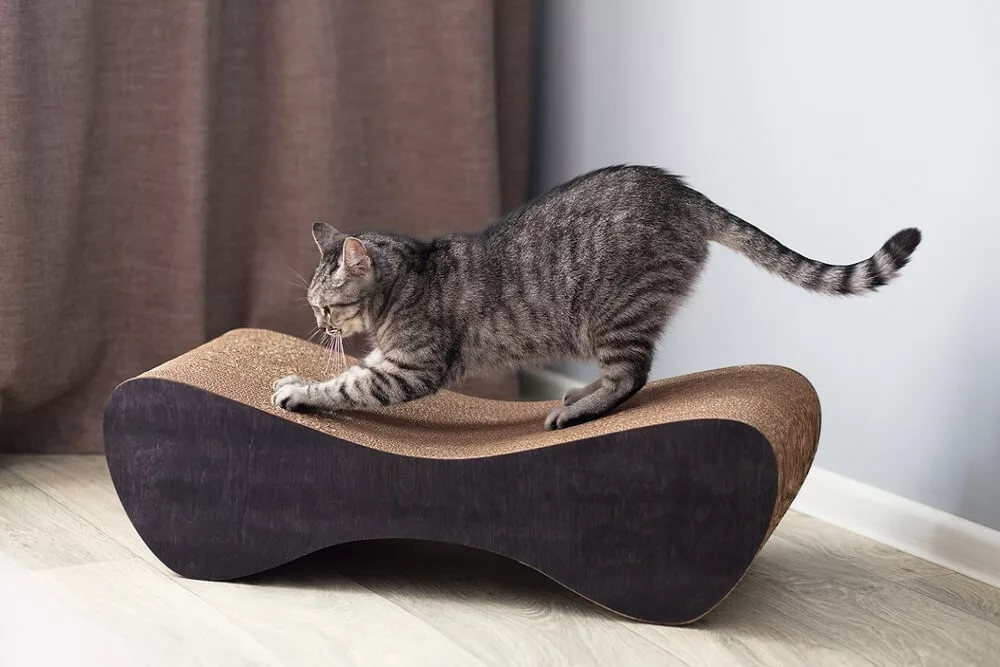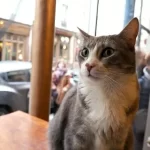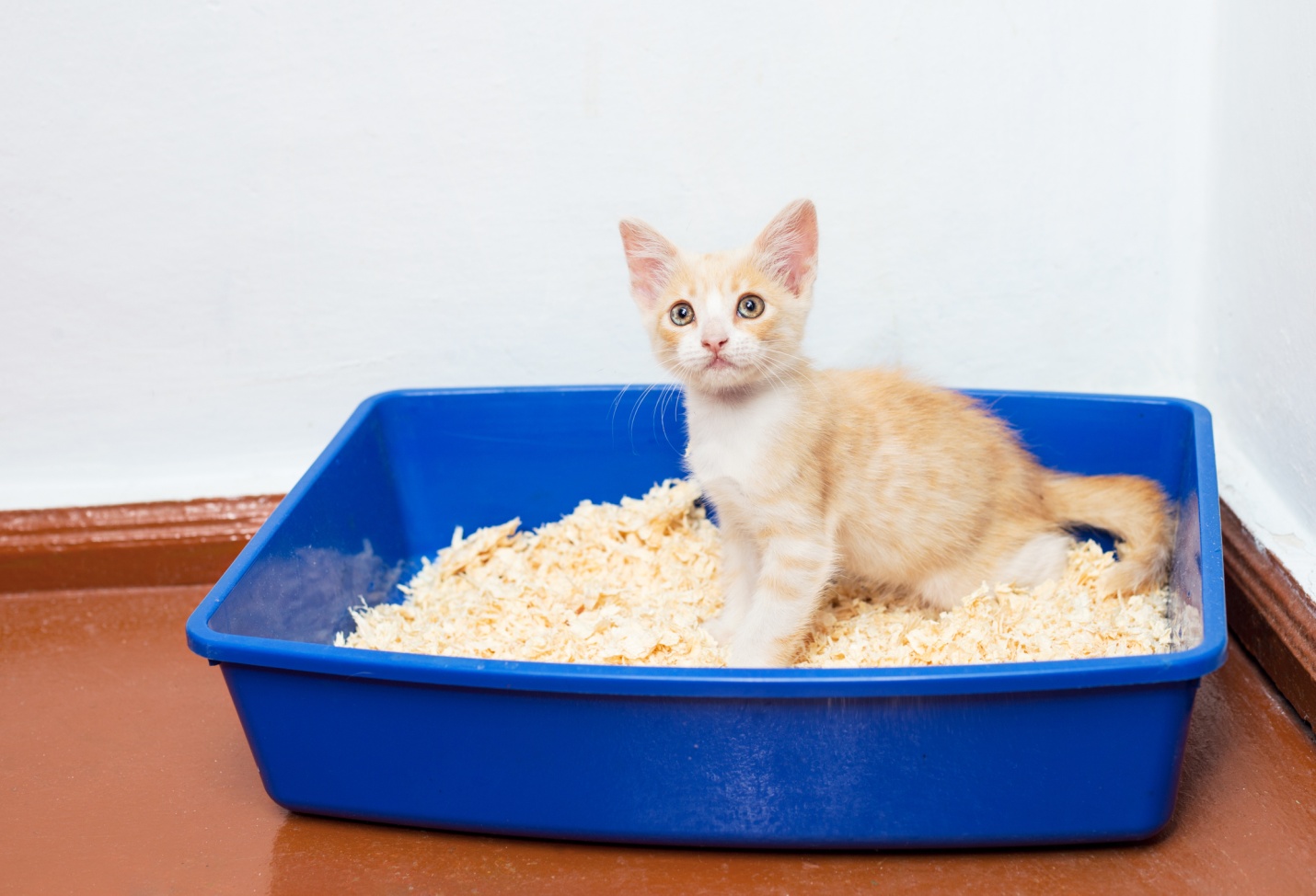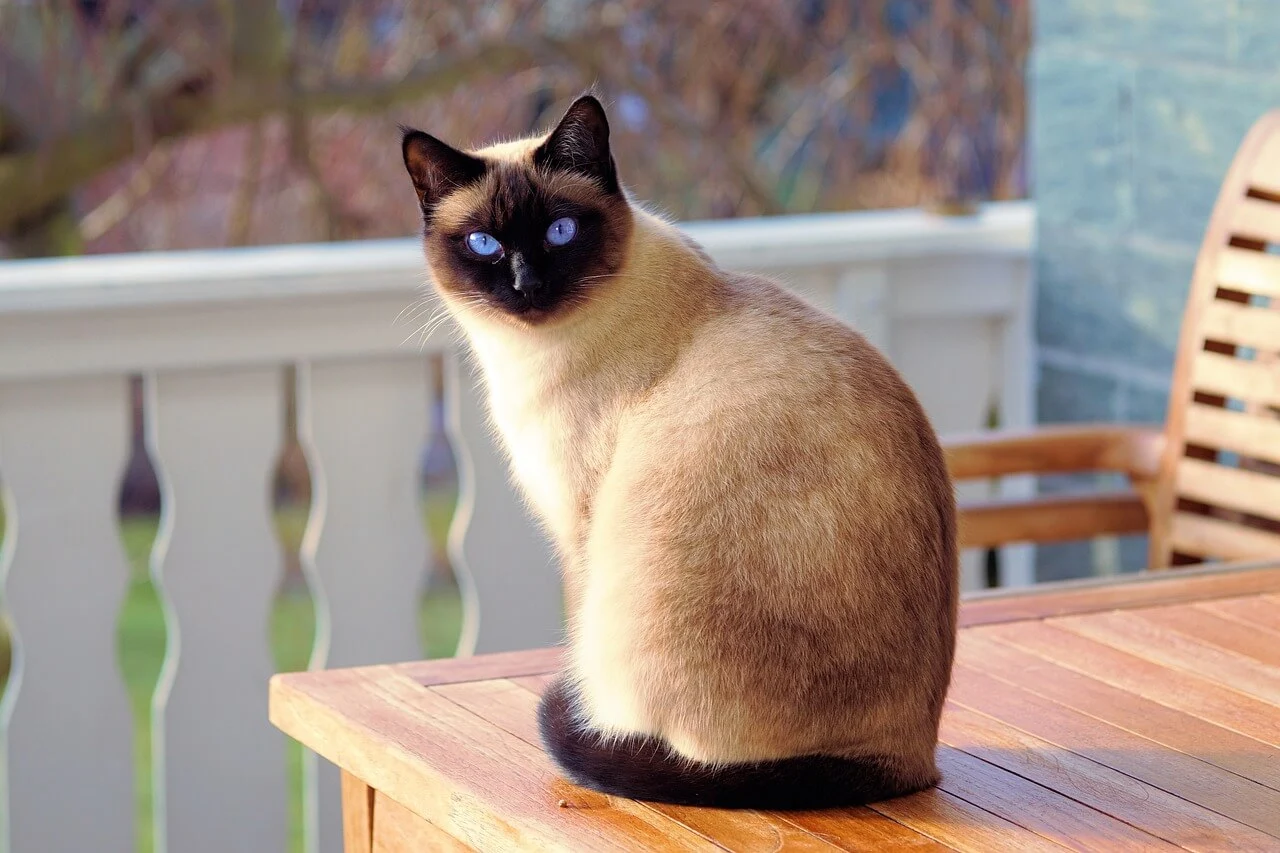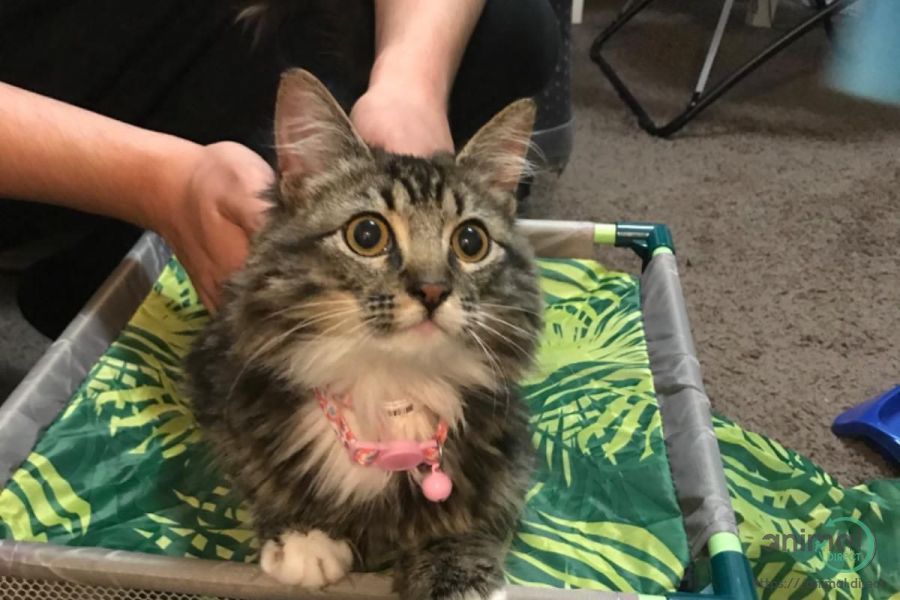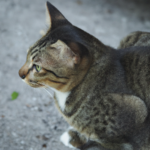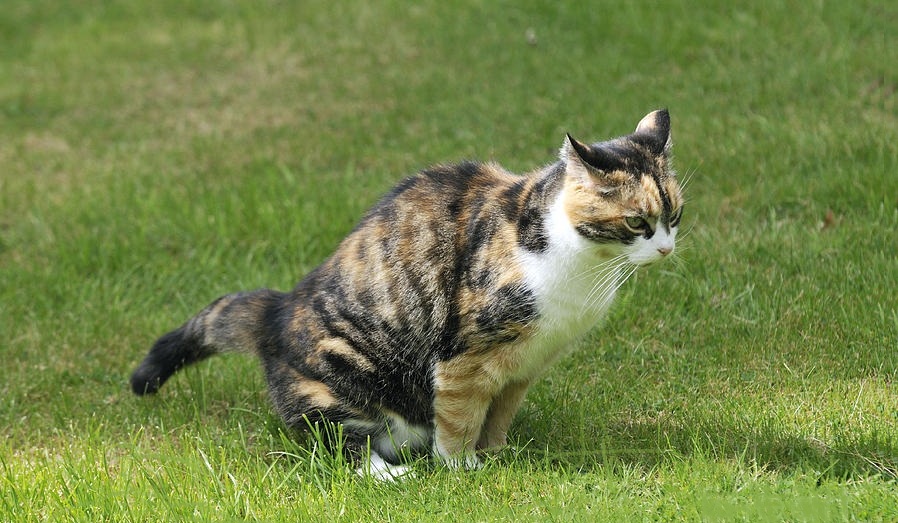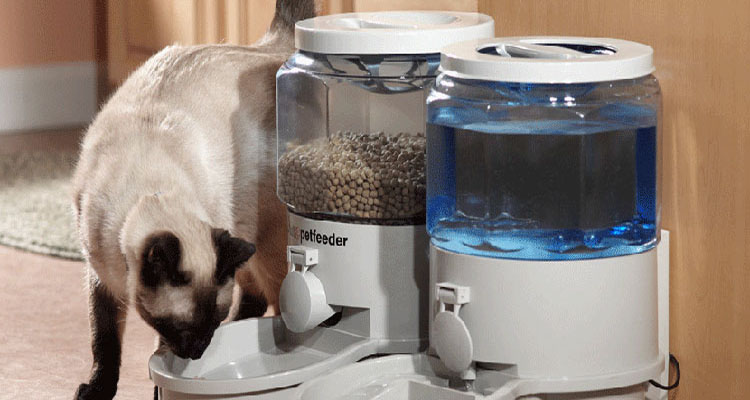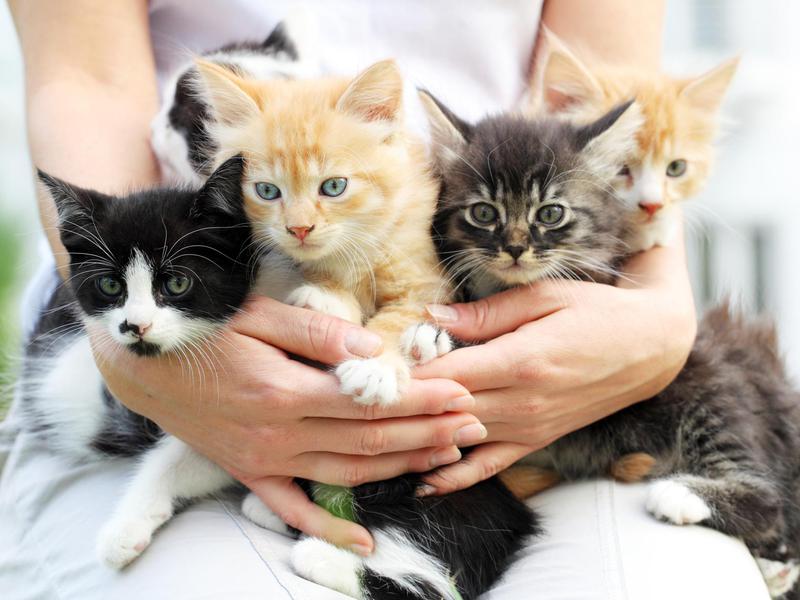Many people imagine a cute kitten happily lapping up a bowl of milk. But the reality is a little different. A common question among cat owners is: Are Cats Lactose Intolerant? While milk and dairy are often associated with feline diets in cartoons and pop culture, they may not be the best choice for your furry friend.
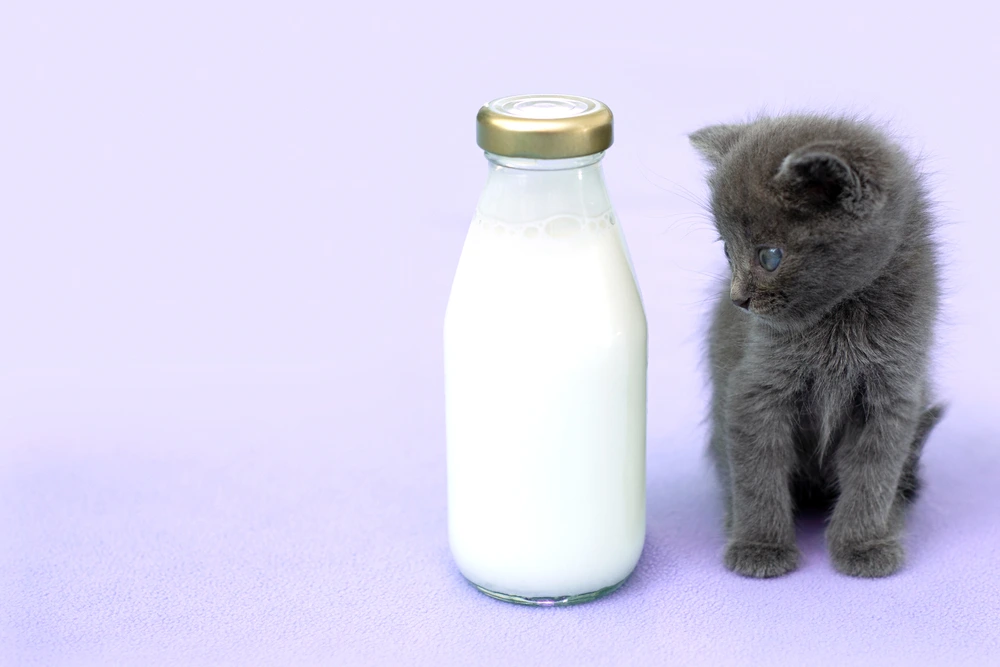
Content
Are Cats Lactose Intolerant By Nature?
The short answer is yes—Are Cats Lactose Intolerant? Most adult cats are. After weaning, many cats lose the enzyme lactase, which is responsible for breaking down lactose, the sugar found in milk. Without enough lactase, a cat’s digestive system cannot properly process milk, leading to gastrointestinal upset.
So, Are All Cats Lactose Intolerant? Not necessarily. Some cats retain enough lactase to digest dairy without issue, but they are in the minority. The question then becomes, What Percentage Of Cats Are Lactose Intolerant? Studies estimate that around 65-70% of cats have some level of lactose intolerance. It’s a widespread issue, making dairy a risky treat for many felines.
Are Kittens Lactose Intolerant Too?
You might wonder, Are Kittens Lactose Intolerant? During the nursing stage, kittens produce plenty of lactase to digest their mother’s milk. However, once they are weaned and start eating solid foods, their lactase production decreases significantly. This transition means that even kittens who once digested milk easily may become lactose intolerant as they grow older.
Therefore, feeding cow’s milk to kittens, especially after weaning, is not recommended. Specialized kitten formula is a safer option.
Symptoms Of Lactose Intolerance In Cats
If you’ve ever offered dairy to your cat and noticed side effects like diarrhea, vomiting, bloating, or gas, lactose intolerance might be the culprit. So if you’re still asking, Can Cats Drink Milk safely? The answer depends on the individual cat—but for many, it’s best to avoid it altogether.
Common symptoms of lactose intolerance in cats include:
- Loose stools or diarrhea
- Flatulence
- Abdominal pain
- Nausea or vomiting
These symptoms usually appear within 8 to 12 hours of consuming dairy.
Can Cats Eat Cheese Or Drink Lactose-Free Milk?
It’s not just milk that poses a problem. You might also wonder, Can Cats Eat Cheese? While cheese contains less lactose than milk, it can still trigger symptoms in sensitive cats. Some harder cheeses like cheddar contain lower levels of lactose, but they still may not be ideal for all cats. Cheese is also high in fat and salt, which are not great for feline health.
If you still want to offer a dairy treat, a safer alternative is lactose-free milk made specifically for cats. So, Can Cats Drink Lactose-Free Milk? Yes, this is often a better option. These products are formulated to remove lactose while maintaining the taste and texture of milk, making them gentler on a cat’s digestive system.
How To Treat Lactose Intolerance In Cats
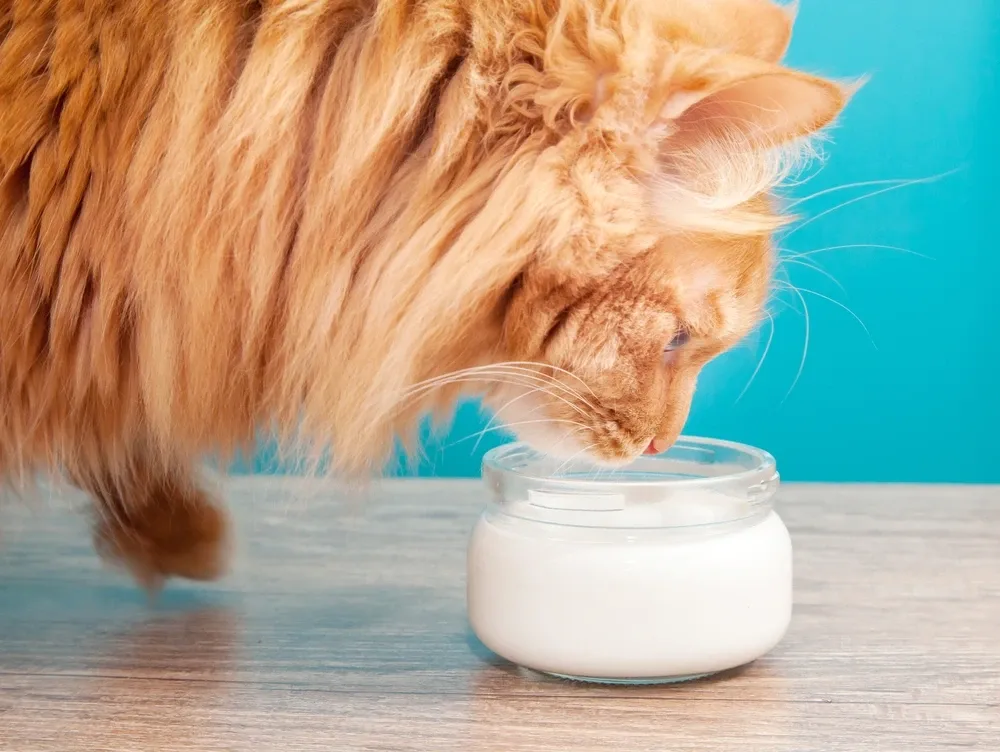
If your cat has had a bad reaction to dairy, you may be wondering How To Treat Lactose Intolerance In Cats. The first step is eliminating all dairy products from their diet. Most symptoms resolve on their own once lactose is removed.
For more severe cases, or if your cat is dehydrated from diarrhea or vomiting, a visit to the vet is necessary. Your vet may recommend a bland diet for a few days and can check for any underlying issues that might be mimicking lactose intolerance.
Separating Facts From Fiction
Many pet myths persist over time, and the idea that milk is good for cats is one of them. While the image of a milk-drinking feline is endearing, reality tells a different story. Always remember that every cat is different. While a small number may tolerate dairy, most are better off without it.
And just as a side note, speaking of myths: Are Cats Color Blind? No, but their color perception is limited. They don’t see the full color spectrum humans do, mainly perceiving blues and greens. It’s another fascinating example of how cats experience the world differently from us.
Final Thoughts
So, Are Cats Lactose Intolerant? For the majority of felines, yes. Though it may be tempting to share a bit of milk or cheese with your cat, it’s best to stick to treats that are designed for their specific dietary needs. If you want to give your cat a milk-like experience, choose a vet-approved lactose-free milk alternative.
By understanding your cat’s digestive limits, you can help them live a healthier, happier life—without the tummy troubles that dairy can cause. Interested in discovering more unique dog hybrids? Check out our guide on Poodle Mix Breeds to find the perfect companion for your lifestyle.

Ruth is all about pet style. She’ll help you and your furry friend turn heads with the latest trends in pet fashion.
